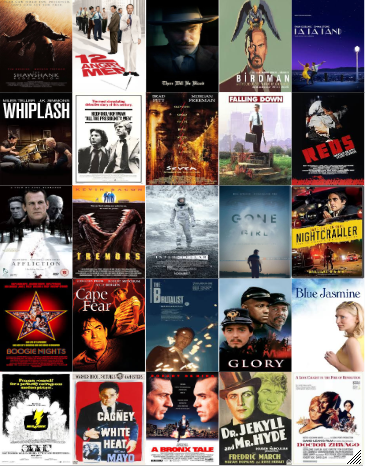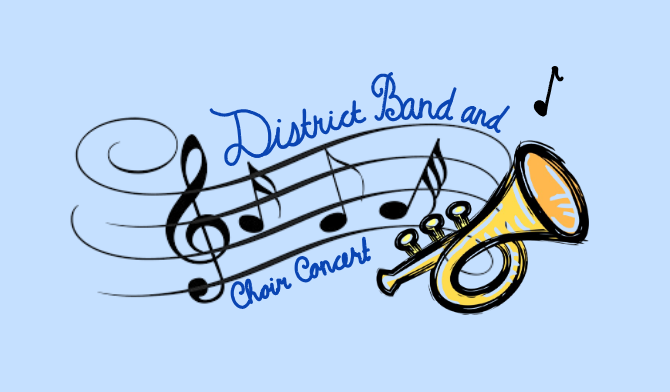
As an International Baccalaureate School, there is no doubt that West Morris has a lot of students that are following a rigorous curriculum under the IB Diploma program, and there are others still that opt to take difficult AP classes provided by the College Board. With the AP/IB final exam season rapidly approaching, many students are wondering how to efficiently prepare for these high-stakes exams. There’s never one study method that works for everyone, of course. But knowing the resources available may greatly improve your chances of succeeding in an advanced class.
To begin, it is important to understand the structure of the exam you are taking. According to the International Academy, an IB exam fits into the larger context of the IB Diploma program, which lasts from junior to senior year. The IB final exams are also known as the external assessments. One to seven points can be earned on each exam. A student needs to earn 24 points out of 45 possible throughout their examinations in order to achieve their diploma, and, according to the International Baccalaureate, each student chooses six total subject classes. Three points total may be added from a student’s DP Core, which is separate from a subject class and requires the student to, for instance, write an extended essay and attend a Theory of Knowledge (TOK) course.
The AP Exams, however, are different. While the points earned on an IB exam are important to the IB Diploma program in its entirety, an AP exam is a lone entity. Students can take an AP exam even without taking the class. Each score acquired is unrelated to the others. Still, it’s important to remember that a good score on an AP test may grant you credit for the equivalent class in college, and so it’s definitely worth the studying. Advanced placement tests are graded on a one to five scale; a score of three is considered passing. The College Board provides many useful resources on their website that can be used as study tools. If you log into your College Board account, you may find that some of your teachers publish practice quizzes, and you may find “AP Daily Videos”, video lessons from the College Board pertaining to the topics of each unit in your class course. Of course, there are sources outside the College Board website that can be used for studying, too.
“This Spring, I am taking the AP Physics 1 and the AP World AP Exams,” says junior Ryan Rettberg. He says he is going to study for AP Physics 1 using The Organic Chemistry Tutor youtube channel, which has numerous videos relating to topics such as math, physics and chemistry. As for AP World History, Ryan Rettberg says he will watch Heimler’s History, another channel with videos pertaining to the AP history classes.
Another junior, Jay Tadinada, is heavily involved in both the IB program and in taking AP classes. When asked about what he uses to review for his exams, he says, “[I] just go over the notes. You can use flashcards; I’d recommend that. Just make sure to space out when you review. It’s not really about how much review you cram in, but it’s really how much you do each day, it’s about that consistency.” When asked to provide tips for students who are taking an AP/IB exam for the very first time, Jay Tadinada says that for history exams, it’s important to pay attention to the wording of a question in order to determine the answer. For math and science exams, Jay Tadinada says that you should have the ability to understand formulas and equations rather than just copy them when you’re doing problems.
Overall, AP and IB exams can seem pretty daunting. They can have a good amount of leverage on your college applications, and studying material you’ve been learning for a whole year is a big task to take on. The most important thing, however, is to work hard and try your best. A good score is sure to follow good effort.































